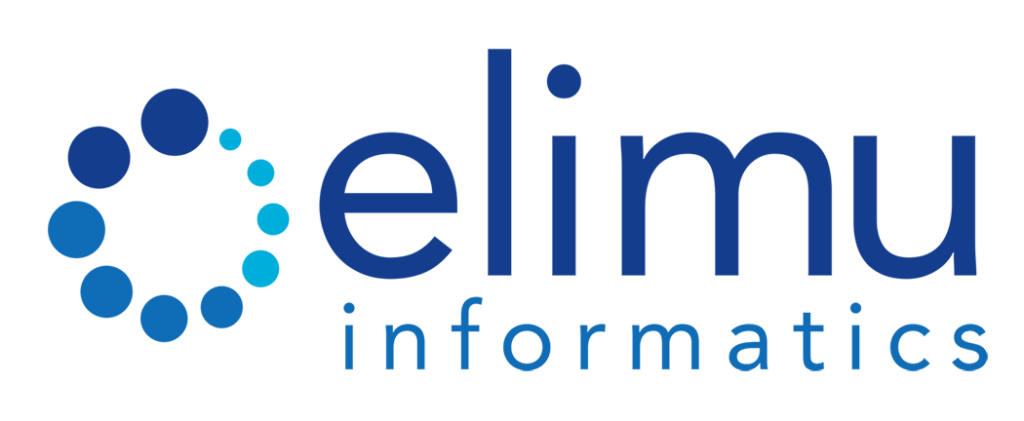Oct 20, 2022 |
Elimu Informatics is excited to announce that we have been awarded an SBIR grant (SBIR grant 1R43HG011832-01A1) by the National Human Genome Research Institute. This grant funds a research project to create a prototype decision support service (PillHarmonics™) that optimally orchestrates how comprehensive medication decision support can be delivered at the point of care while also incorporating pharmacogenomic (PGx) considerations. Medication Clinical Decision Support (CDS), when implemented correctly, can have a significant impact on patient safety and drug efficacy. However, there are many challenges with today’s implementations. For instance, surfacing irrelevant interactions in a task-interfering manner can exacerbate alert fatigue, conflicting recommendations can leave clinicians frustrated, and poor workflow integration can lead to failure to select optimal medication treatments or recognize clinically significant adverse interactions.
Pharmacogenomic Clinical Decision Support
Pharmacogenomic clinical decision support (PGx CDS) is becoming increasingly recognized as essential for medication safety and therapeutic optimization, given the growing recognition of clinically relevant drug-gene interactions. A recently published retrospective analysis found that 63% of adults and 29% of children in a cohort of over 2 million patients were dispensed medications with actionable pharmacogenomic biomarkers. Unfortunately, pharmacogenomic testing is underutilized and test results are most often integrated into the Electronic Health Record (EHR) as non-actionable, verbose PDF reports disjointed from typical clinician medication prescribing workflows. Clinicians may not remember to account for pharmacogenomic considerations at the time of order entry and may fail to recognize conflicting recommendations (e.g., PGx considerations suggest the need for a higher dose, whereas renal function suggests the need for a lower dose). PGx factors can additionally amplify the adverse effects resulting from a drug-drug interaction through multiple mechanisms, including the inhibition or induction of metabolism of the ordered drug and the drug that a patient may already be taking. While a holistic approach to medication CDS has long been touted as valuable, and while evidence suggests that a well-orchestrated approach to medication CDS can address patient safety issues and alert fatigue, to date, such integration issues have been hampered in part by a myriad of usability issues surrounding drug-drug, drug-allergy, drug-disease, and other types of medication alerting. Adding PGx CDS to the mix risks obscuring the benefits of such information. Further, although EHR-specific solutions and interoperability standards are emerging to incorporate genomics into clinical management, a common theme across these efforts is that pharmacogenomics is apart from other types of medication CDS, persisting the disjointedness of medication CDS workflow.
PillHarmonics™ as a Value-Add
Elimu’s R&D team envisions PillHarmonics™ as a value-added vendor-neutral integration platform that supports the EHR integration of commercial and public drug knowledge sources with novel orchestration and workflow integration strategies. Our standards-based Sapphire architecture enables the computational intersection of rich clinical and genomic data with medication knowledge sources, independent of knowledge vendors, to achieve greater precision in holistic medication recommendations. An orchestra blends sounds from multiple musical instruments to produce an integrated experience that pleases the listener. Likewise, an ‘orchestrated’ medication CDS service must blend and prioritize a variety of medication-related content considerations to provide high utility to the busy clinician. Our plan is to support multiple workflow integration options, including medication selection and order entry and deliver comprehensive, context-specific, patient-tailored drug information at the optimal point-of-need. We are honored to collaborate in Phase 1 of our project with our colleagues at First Databank in our journey to create a superior precision medication workflow experience that delivers on the promise of pharmacogenomic data to optimize clinical outcomes. More to follow as we prepare for Phase 2 implementation pilots.
